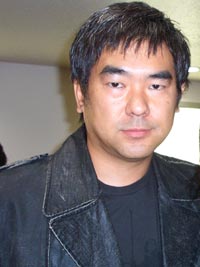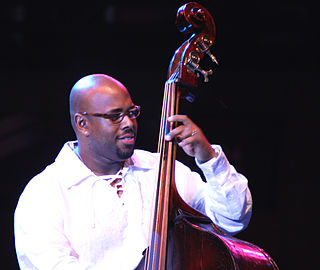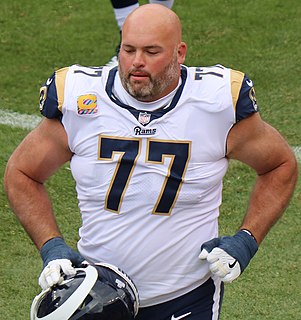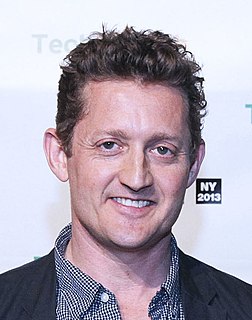A Quote by Ryuhei Kitamura
Ultimately I'm making movies because of the producers and I don't want to disappoint my producer. It's always a tough balance to figure out how far I listen to them though.
Related Quotes
When you innovate no one else can figure out how to do what you're doing because you're too far ahead of them. And the day they do figure out, you're on to the next object, the next widget, the next concept in innovation. And so America has benefited economically from the space race even though it was driven by military.
My position is that the rate should align with the level of economic development. Because it is always about a balance, a balance of interests, and it should reflect this balance. A balance between those who sell something across the border and those who benefit from a low rate, as well as a balance between the interests of those who buy, who need the rate to be higher. A balance between national producers, for example, agricultural producers who are interested in it.
Show people your stuff, listen carefully to their responses, but ultimately don't value anyone's opinion above your own. Be influenced by writers you dislike as well as writers you like. Read their stuff to figure out what's wrong. Find a balance between the confidence that allows you continue, and the self-critical facility that enables you to improve. Get the balance wrong on either side, and you're screwed.
I want to get out of the way of the actors. I want to get out of their eye lines. I want to them to stop thinking they're making a movie. I want them to just go and live. It's like you take these great actors and put them in an aquarium of life, and just watch them swim. That's what makes editing tough because you get all these beautiful, unplanned moments.
The poor are always prophetic. As true prophets always point out, they reveal God's design. That is why we should take time to listen to them. And that means staying near them, because they speak quietly and infrequently; they are afraid to speak out, they lack confidence in themselves because they have been broken and oppressed. But if we listen to them, they will bring us back to the essential.
In the course of my movies, the financing and the releasing were always the tough part. Because I loved the creative, I loved the writing, I loved the making of it. Because I guess, I never had the giant blockbuster, I never got that sort of ease for the next one. So the next one was always, "how am I going to do this?" And that thing was sort of always the thing that made me a little chickenshit to go into the next one. The writing of it was great and the making of it was great, but how am I going to release this thing and am I going to find a studio?





































